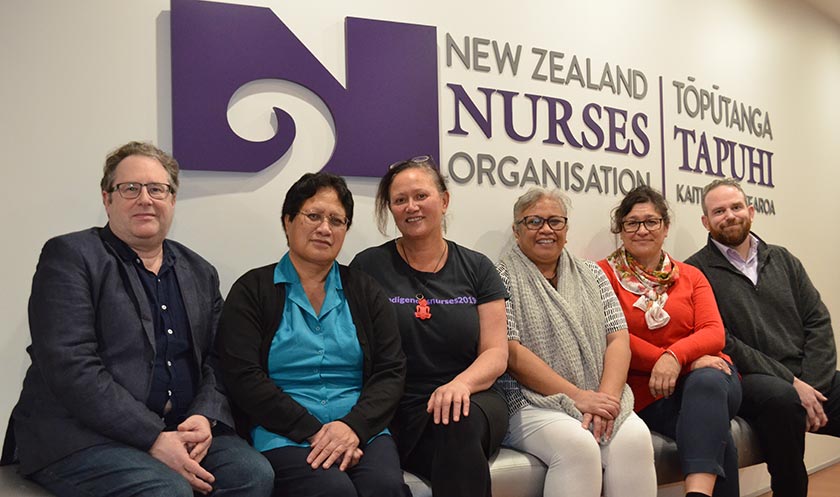COVID-19 lockdown helps finances
The COVID-19 lockdown has had a beneficial effect on NZNO’s finances. Corporate services manager David Woltman told the board the financial result for the 10 months to May 31, 2020, was a pre-tax surplus of $365,000, compared to the budgeted pre-tax deficit of $163,000. The alert level-4 lockdown was the main factor in this result, with lower travel costs, lower staff leave and lower spending on meetings.
Year-to-date revenues to May 31, 2020, were down $123,000, due mainly to delays in holding college and section conferences because of the lockdown.
Expenditure was mostly below budget, again largely due to the Covid-19 pandemic. Travel and accommodation expenses were down $203,000, general expenses were down $121,000 and colleges and sections conference expenses were down $119,000.
Expenditure increased in two main areas: staff costs were up $73,000 due to leave deferrals during lockdown and the employment of temporary staff until positions could be filled; and vehicle expenses were up on budget by $28,000 because of a delay in returning leased vehicles.
Membership diversity
NZNO’s membership is increasingly diverse. Ethnicity figures presented to the board meeting show that at May 31, 2020, New Zealand European members made up 56.1 per cent of membership (n=28,604); Filipino members made up 9.3 per cent (n=4738); Indian members, 8.9 per cent (n=4548); and Māori members 7.5 per cent (n=3815).
Pacific members make up 2.8 per cent of NZNO’s total membership, with Samoan members making up 1.1 per cent (n=570); Tongan members 0.7 per cent (n=348); Fijian members 0.5 per cent (n-247); Cook Island members 0.3 per cent (n=133); and Niuean members 0.2 per cent (n=82). Twelve NZNO members are from Tokelau.
New members join board this month

Learning from COVID-19 response
The Ministry of Health is collating lessons from the COVID-19 responses around the country and was to report back to the tripartite Health Sector Relationship Agreement (HSRA) forum last month. Chief executive Memo Musa updated the board on its request to the then Minister of Health David Clark in June for a national review of COVID-19 planning and response, which included NZNO. At the time, the minister said considering COVID-19 alert levels remained in place, the most prudent immediate focus was to respond to the Auditor General’s review on the management of personal protective equipment (PPE). If NZNO had concerns that were not included in that review, then it should raise them with the ministry.
The HSRA forum, made up of representatives from the ministry, district health boards and the Council of Trade Unions’ (CTU) combined health unions, has met twice since June to discuss the issue. It agreed to collate the lessons from the COVID-19 response to inform improvements to pandemic responses, including the supply of PPE. The information gathered would also contribute to any decision on the merits of a national COVID-19 review.
In his report to the board, Musa said once this information had been gathered and reported back to the HSRA forum, the CTU/combined health unions would consider their next steps.
Māori wellbeing model being developed
Work is underway to develop a Māori model of wellbeing for NZNO. In his report to the August board of directors’ meeting, chief executive Memo Musa said the project had been initiated some time ago. Its aim is for NZNO to be more responsive to Māori members by developing a model which incorporates Māori models of organising into a Māori model of wellbeing. Te poari has provided feedback to the project lead, Manny Downs. A draft model is to be presented to December’s board meeting.


